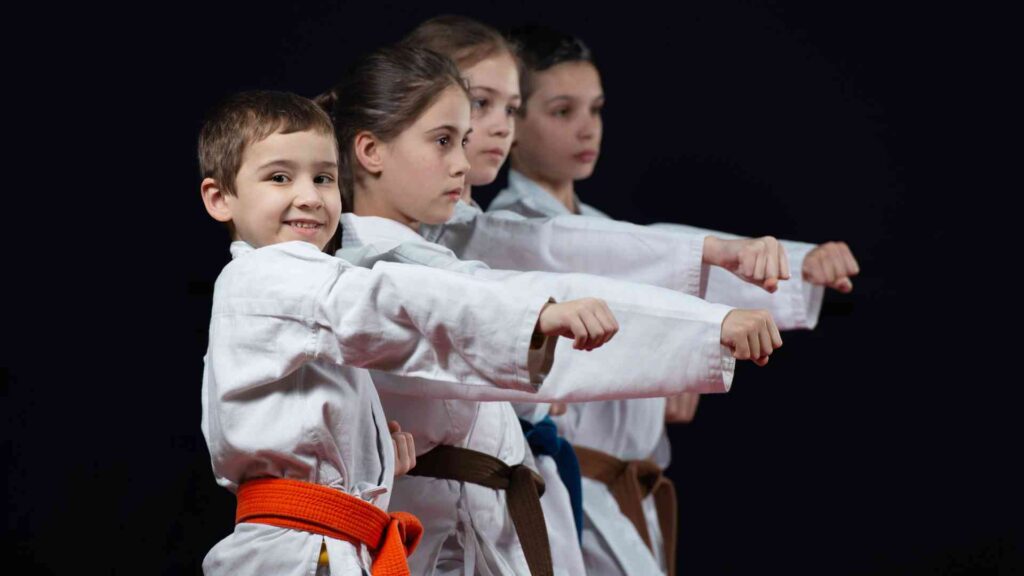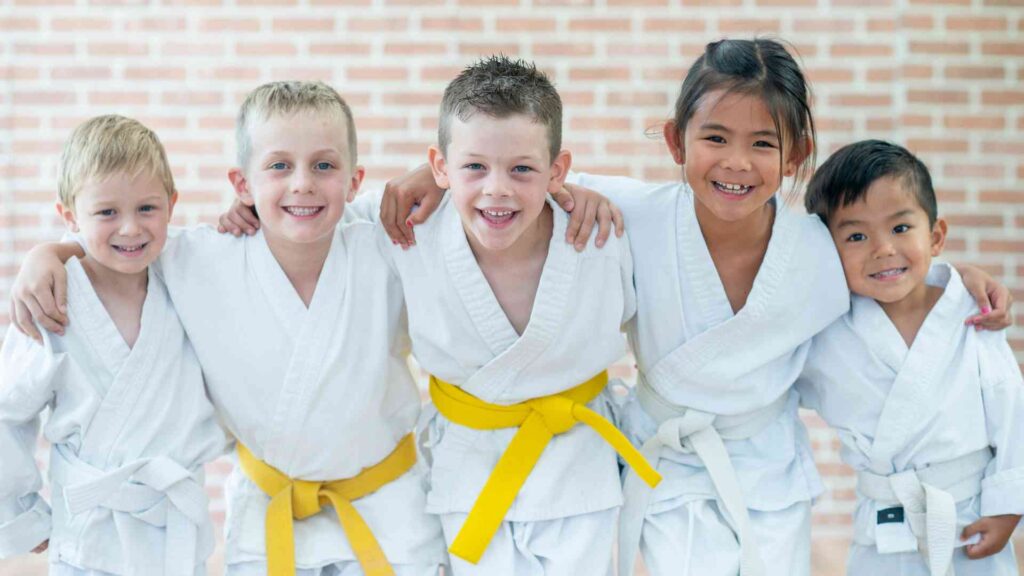Discover comprehensive information for all aspects of sexual health and find resources and guidance to empower your sexual well-being.
Painful erections never indicate normalcy, and sometimes signal a medical emergency. Severe pain may necessitate…
Discover comprehensive information for all aspects of sexual health and find resources and guidance to empower your sexual well-being.
Painful erections never indicate normalcy, and sometimes signal a medical emergency. Severe pain may necessitate…
Erectile dysfunction (ED) is a condition that affects many men worldwide, leading to significant stress,…
Erectile dysfunction (ED) is a condition that many men face at some point in their…
Erectile dysfunction (ED) is a common condition that affects millions of men worldwide, causing distress…
The pelvic floor muscles are the unsung heroes of our body’s core, providing support to…
Achieving and maintaining a strong penile erection is a common concern for many men. It…
Commitment issues can often manifest in romantic relationships, work, and other personal or professional spheres.…
Sports, like martial arts, go beyond just fighting. They also help develop discipline and personal qualities. They are often referred to as holistic movement practices, which can be good for mental health.
Table of Contents
ToggleMartial arts (MA) and combat sports (CS) are athletic activities that follow specific rules. Participants engage in striking, kicking, and/or throwing, aiming to physically overcome their opponent while avoiding being overcome themselves.

Even though combat actions can be seen negatively for their violence, martial arts combine aesthetic and philosophical elements. These aspects may align with holistic mind-body disciplines like yoga and qigong, which offer various psychosocial benefits. These include breath control, relaxation, discipline, respect, self-esteem, and improved mind-body coordination.
Related: Tai Chi: What Are The Psychological Benefits?
The findings of four studies suggest that things like handling tasks well, emotional competence, and assertiveness are linked to positive outcomes. On the flip side, less helpful strategies like avoiding issues and emotional reactivity are connected to negative outcomes.
Consistent and meaningful training in self-control, an integral part of martial arts, also decreases aggressive behaviors.

The aspects studied in well-being include emotional competence/intelligence, coping abilities, life satisfaction, feelings of loneliness, empathy, and control over emotional mental health.
As per studies, exposure to disciplined training and activity-specific self-control training in MA contributes to positive well-being.
Current data provides inconclusive results on the effect of MA on self-esteem. Additional studies are necessary to evaluate the same.
Related: What Causes Low Self-Esteem?
Cognitive functioning, which involves mental processes contributing to perception, memory, intellect, and action, forms a fundamental foundation for establishing mental health.
Research on MA/combat sports and cognitive functioning consistently found links to perceptual and inhibition benefits. However, there were inconsistencies in terms of attention and memory, as well as brain functional outcomes. Studies on brain structure mainly focused on amateur and professional boxing, with inconclusive results.
The limited yet promising evidence highlights the need for more research, transitioning from cognitive sport psychology to mental health and physical activity studies.
Martial arts (MA) and combat sports (CS) have the potential to positively impact various aspects of mental health. Engaging in MA and CS positively impacts certain aspects of mental health. These include visuospatial perception, response inhibition, externalizing emotion regulation, and coping skills.
Reference: Ciaccioni, S., Castro, O., Bahrami, F., Tomporowski, P. D., Capranica, L., Biddle, S. J. H., … Pesce, C. (2024). Martial Arts, Combat Sports, and Mental Health in adults: A systematic review. Psychology of Sport and Exercise, 70, 102556. doi:10.1016/j.psychsport.2023.102556
Dr. Nishtha, a medical doctor holding both an MBBS and an MD in Biochemistry, possesses a profound passion for nutrition and wellness. Her personal journey, marked by significant struggles with physical and mental health, has endowed her with a unique empathy and insight into the challenges countless individuals face. Driven by her own experiences, she leverages her background to offer practical, evidence-backed guidance, empowering others on their paths to achieving holistic well-being. Dr. Nishtha truly believes in the interconnectedness of the mind and body. She emphasizes the significance of understanding this connection as a crucial stride toward attaining balance and happiness in life.

